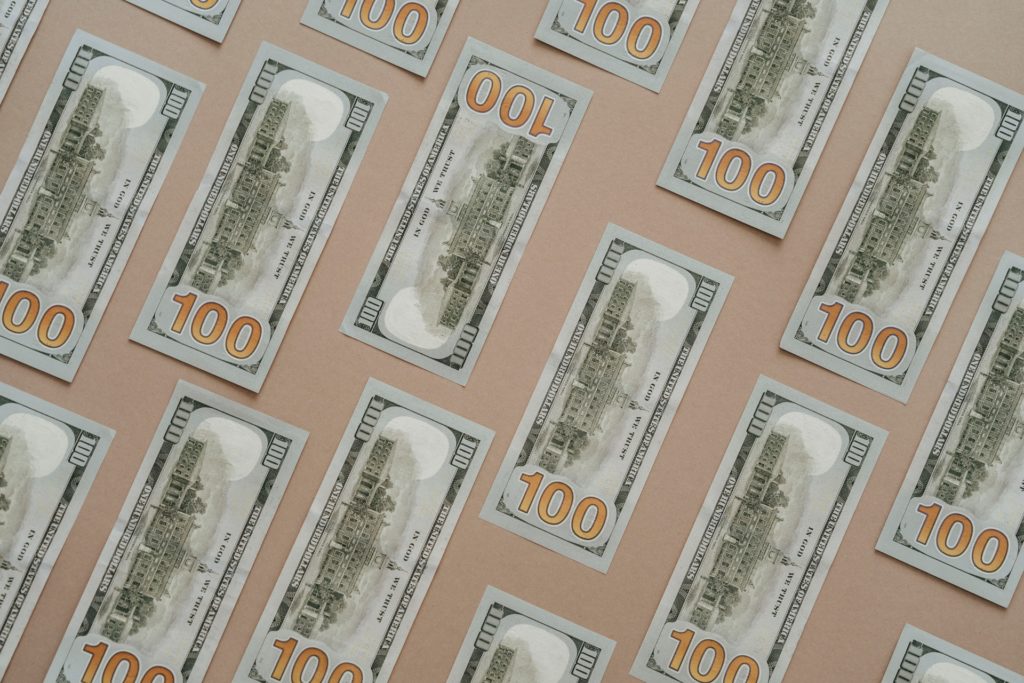Opensea, the largest NFT platform by volume, has been failing in its responsibility to pay royalties for secondary sales on its platform. Similar reports from many reputable artists have become commonplace, indicating a pattern propagating on a wide scale. Claims from these artists have been verified with evidence. This failure on Opensea’s behalf spotlights a major issue in Opensea’s smart contract not distributing royalties automatically and, as a result, the unnecessary centralization that arises.
Royalty payments for secondary sales on Opensea are not paid out automatically. Their help center confirms this, stating payments happen on a monthly basis when an artist has “accumulated more than ~$60.00 worth of fees.” There are many instances of artists with balances far exceeding this minimum, many of which have been outstanding for months. This issue seems to have become more common recently, with reports of royalties not being received growing especially since August.
Royalties are one of the cornerstone benefits of NFTs. The ability for sales to provide a continuous income to artists is revolutionary, enabling passive income for artists where none had existed before. This is not a functionality that Opensea innovated; it is a feature of the blockchain itself. Despite this, Opensea has chosen to undertake the process of paying royalties manually. Their smart contract does not address royalties at all, indicating that they are managed off-chain by the platform itself.

Managing royalties off-chain is an unnecessary implementation of centralization. The only benefit the system offers is to hold payments in order to send them in batches to avoid paying gas on too many occasions. However, this is something that could be managed more seamlessly by a smart contract. Instead, Opensea chooses to take the burden upon it’s shoulders manually, leading to situations like the one we are currently facing.
An artist by the name of Lance Ren was in a Clubhouse room discussing this particular issue when Jen Stein pinged the CEO of Opensea into the room, Devin Finzer. He reportedly faced the group of angry users, and offered them his apologies in regards to the situation. According to Lance, Devin mentioned two reasons for the lack of forthcoming royalty payments: high gas fees and old architecture that has not scaled yet.
Assuming Devin’s response is truthful, this indicates a major failure on Opensea’s behalf. They have been quick to brag about the billions in sales they facilitate every month, but being the largest NFT marketplace comes with its responsibilities. This situation indicates that they are quick to relish in their successes, but lack the foresight to prepare for them. Did they not expect to become the biggest NFT marketplace?
This is an issue that must be addressed by Opensea immediately. Funds are being withheld from artists who worked hard for them. The platform does not lack in resources; the 2.5% it collects on sales on its platform equates to a $100 million profit for the month of August alone on its $3.4 billion in sales. Why a company so profitable would be so concerned with gas fees is difficult to envision.

Meanwhile, artists are missing out on funds they could use to improve their lives or their communities. This limits innovation and growth in the NFT space, as artists rely on their royalty payments; only to get them inconsistently, if at all. Commitments can be made that may be difficult to keep without this important revenue source, as is the case for EpicThunderCat, who was owed 1.1916 ETH over 109 secondary transactions.
“I’ve been doing a mental health game basically, and have some super intense plans, but I need them to pay me and it’s negatively impacting my community that they haven’t. I am going to pay my mods with the up front money this weekend because they shouldn’t be punished if Opensea doesn’t do their job; but it’s hard. My collectors and I have all voted on getting a decentraland property. I can’t do it unless they pay me.” – EpicThunderCat
EpicThunderCat was finally paid while we had been speaking to gather information for this article. This long-overdue payment corresponds to substantially lower gas fees this week than the week prior and lends to the case made by Devin. Many other artists we spoke to have received their long-awaited payments in the past week.
Collectible art projects are also experiencing these issues. Rich Beeman from NiftyCastle says that their Deebies project has only ever received a single royalty payment – that was 7 weeks ago at the time of writing. The fact that this issue impacts high-volume projects, as well as individual artists, means that this is both a pattern and a systemic problem.

Most people do not believe it is out of malice that Opensea withholds payments. High gas fees would be a valid excuse if the system itself were acceptable, but the decision not to include royalties in the smart contract is a decision made entirely by Opensea, placing the burden of responsibility on their shoulders. If they choose to go against the ethos of the NFT space and centralize operations unnecessarily, the least they can do is bite the bullet when gas fees are high, and balance it out when they’re low.
This serves as a reminder of the value decentralization offers: without a single point of failure, a system can continue to operate and overcome issues as a collective. Opensea’s decision to centralize their royalty payments creates a major dependency for NFTs minted on their platform. What if a major bullish announcement is made causing gas fees to spike and never go back down? If current behavior continues, payments may continue to be delayed, or even require fees from artists to be collected.
Furthermore, if Opensea ever fails for any reason, artists’ continued royalty payments may not be guaranteed. This is unnecessary and is by design. Artists and upcoming projects should consider this before minting directly on the platform, and consider the benefits a custom smart contract provides. We like NFTs for the permanence they offer. And if Opensea is going to detract from that permanence, we should at least be aware of it.



